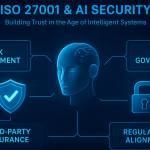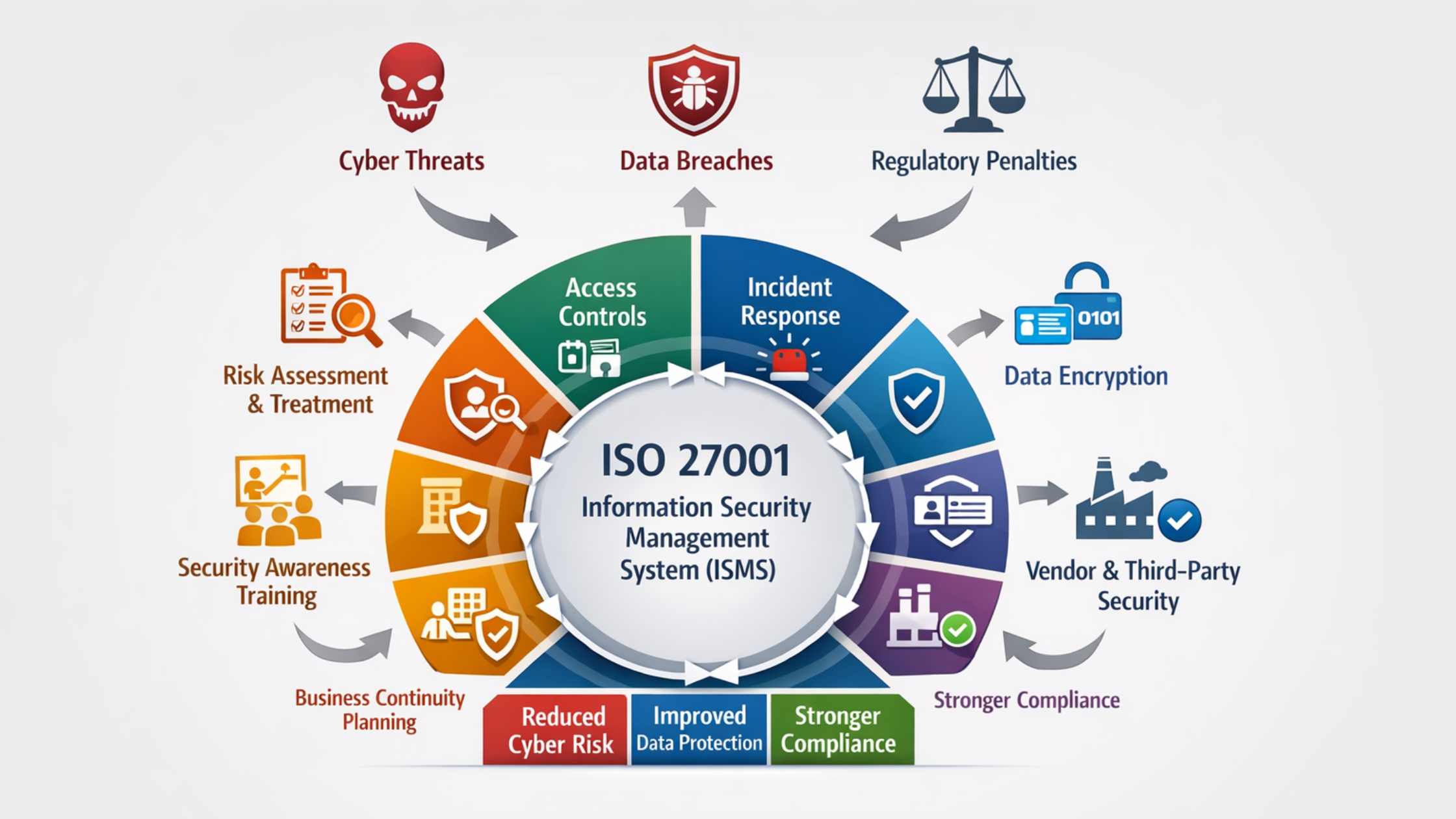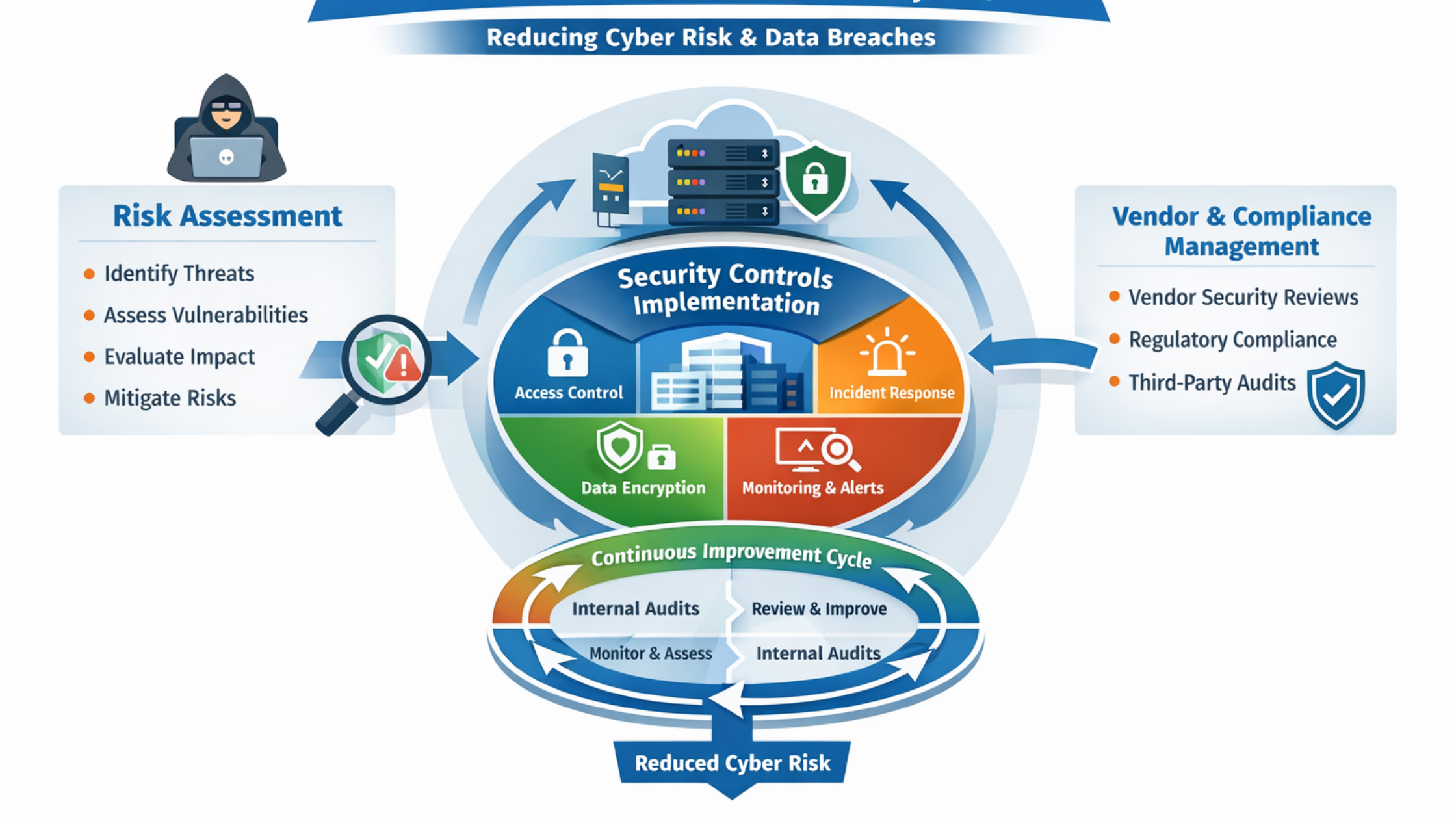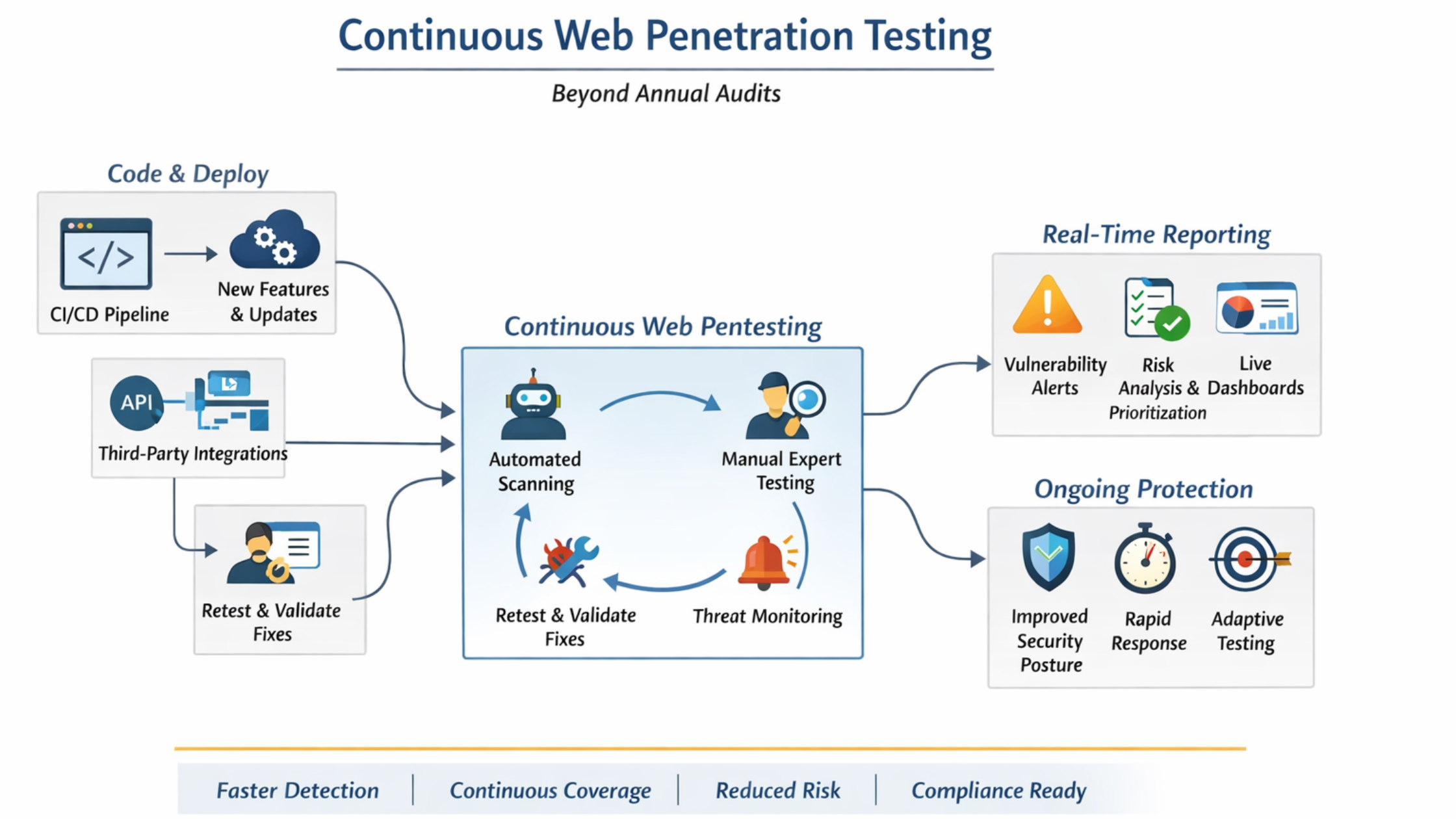How HIPAA Compliance Services Ensure Safe Adoption of AI in Healthcare
Artificial Intelligence (AI) is transforming healthcare by improving diagnostics, speeding up research, and making patient care more efficient. However, with the growing use of AI comes a major concern—data privacy and security. Healthcare organizations handle large volumes of Protected Health Information (PHI), and if this data is mismanaged, it can lead to costly penalties and loss of trust. This is where HIPAA compliance services play a vital role.
By aligning AI adoption with HIPAA regulations, healthcare providers can secure sensitive patient information, avoid legal risks, and ensure smooth technology integration.
What Is HIPAA and Why It Matters for AI in Healthcare?
The Health Insurance Portability and Accountability Act (HIPAA) sets strict rules for handling PHI. It requires healthcare organizations and their business associates to implement administrative, technical, and physical safeguards to protect data.
When AI enters the picture—whether for predictive analytics, patient monitoring, or automated diagnostics—the risks increase. AI systems may:
- Collect vast amounts of PHI from multiple sources.
- Process and analyze sensitive data for decision-making.
- Face risks of data leakage, re-identification, or unauthorized use.
This makes HIPAA compliance services essential for ensuring that AI adoption does not compromise patient privacy.
Key Challenges of AI Adoption in Healthcare
Before we explore the role of HIPAA compliance services, let’s look at the common challenges AI introduces in healthcare:
- Data Security Risks – AI models need large datasets, which makes PHI more vulnerable to breaches.
- Re-identification of Anonymized Data – Even anonymized datasets can sometimes be re-identified using AI.
- Third-Party Vendor Risks – Many AI solutions come from third-party providers who may not fully comply with HIPAA.
- Regulatory Uncertainty – HIPAA does not yet have AI-specific rules, but existing standards still apply.
- Bias and Ethics – AI algorithms may unintentionally discriminate if data governance is weak.
How HIPAA Compliance Services Help in Safe AI Adoption
1. Risk Assessment and Gap Analysis
HIPAA compliance services conduct thorough risk assessments to identify vulnerabilities in AI systems. They help organizations ensure that PHI is not exposed during data collection, storage, or processing.
2. Data Encryption and Secure Storage
AI tools process vast amounts of data, making encryption crucial. Compliance services ensure encryption of PHI both at rest and in transit, reducing risks of unauthorized access.
3. Vendor Risk Management
Most AI applications in healthcare rely on third-party vendors. HIPAA compliance services assist in reviewing Business Associate Agreements (BAAs) and ensuring vendors meet compliance requirements.
4. Policy and Procedure Updates
As AI introduces new risks, policies and procedures must evolve. Compliance experts update internal guidelines to reflect secure AI usage, ensuring staff follow HIPAA standards.
5. Employee Training
HIPAA compliance services provide workforce training tailored to AI-related risks. This ensures staff understand how to handle PHI securely when using AI-powered tools.
6. Incident Response and Breach Management
If an AI system experiences a data breach, HIPAA compliance services establish clear response protocols, including detection, reporting, and mitigation strategies.
7. Ongoing Compliance Monitoring
AI technologies evolve quickly, so compliance cannot be a one-time effort. HIPAA compliance services offer continuous monitoring to ensure that AI applications stay compliant as regulations and technology change.
Benefits of Using HIPAA Compliance Services for AI in Healthcare
Protect Patient Trust – Patients are more likely to embrace AI-driven care when they know their data is secure.
Avoid Legal Penalties – HIPAA violations can lead to fines of up to millions of dollars; compliance services help avoid these.
Enable Safe Innovation – Providers can adopt AI confidently, knowing compliance is in place.
Enhance Operational Efficiency – Automated compliance processes reduce the administrative burden.
Future-Proof Healthcare Systems – Organizations stay ahead of regulatory changes by working with experts.
Future of HIPAA and AI in Healthcare
Regulators are paying close attention to AI in healthcare. While HIPAA currently provides general data protection requirements, more AI-specific HIPAA rules are expected in the future. Healthcare organizations that already use HIPAA compliance services will be better prepared to adapt quickly when new regulations arrive.
Conclusion
AI offers powerful opportunities to improve healthcare, but it also raises significant data privacy concerns. To ensure safe adoption of AI, healthcare organizations must prioritize compliance. HIPAA compliance services provide the expertise, tools, and monitoring needed to secure PHI, manage vendor risks, and build trust with patients.
By partnering with trusted compliance experts, healthcare providers can confidently embrace AI while staying fully aligned with HIPAA standards.









